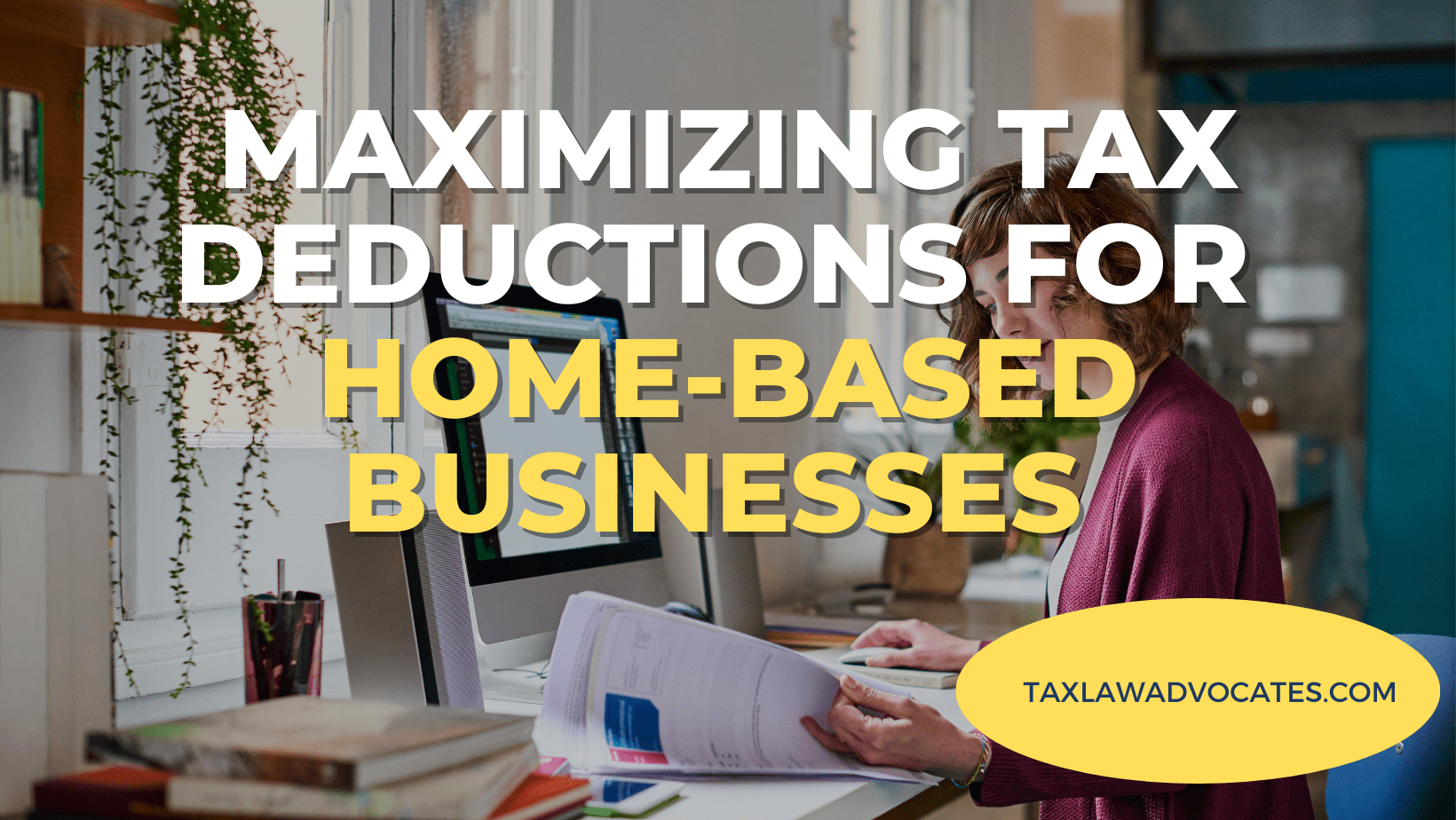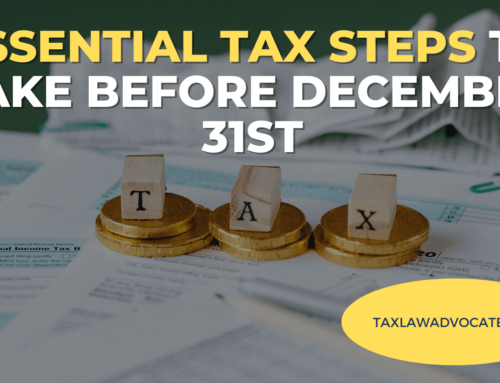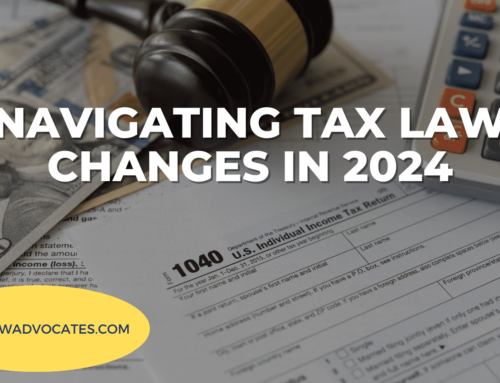Running a business from the comfort of your own home offers numerous advantages, from flexibility to reduced overhead costs. What many home-based business owners might not realize, however, is the significant tax benefits that come with it. Leveraging the right deductions can save you a substantial amount of money in the long run. In this blog, we’ll explore the various tax deductions available for home-based businesses and how those deductions can assist you in maximizing your savings.
The ‘Exclusive Use’ Test
Before we delve into the deductions, it’s crucial to understand the “exclusive use” test, a requirement set by the IRS. To qualify for home office deductions, you must demonstrate that a portion of your home is your principal place of business and is regularly and exclusively used for conducting business. This means your home office should be a dedicated space used solely for business activities. Common spaces like bedrooms or living rooms that serve multiple purposes cannot be claimed.
However, there are exceptions to this test, including businesses that use their homes for inventory storage, product samples, or as a daycare facility. Moreover, you must be a registered business owner or independent contractor to claim the home office deduction. If you work from home as an employee of a business, you’re not eligible.
Home-Related Expenses
Home office-related deductions are calculated based on the percentage of your home that you use for business. To determine this percentage, divide the square footage of your office space by your home’s total square footage. These calculations must be accurate, ensuring that you deduct only the appropriate percentage of each expense. If your calculations meet IRS guidelines, you can deduct the following home-related expenses:
- Homeowner’s Insurance: The portion that covers your home office.
- Homeowners Association Fees: If applicable to your home office space.
- Cleaning Services or Supplies: For the business area.
- Mortgage Interest: A portion related to your home office.
- Utilities: This includes electricity, internet, heat, and phone.
- Repairs and Maintenance: Direct expenses for your business space.
Direct expenses are those that exclusively benefit your home office. For example, if you spend $100 to fix a window in your home office, you can deduct the full $100. Indirect expenses benefit your entire home, and the deduction is calculated based on the percentage of your home used for business.
Other Business Expenses
Beyond home-related expenses, there are various other business deductions that apply to home-based businesses. Here’s a list of common deductions to consider:
- Cost of Goods Sold: If your business involves manufacturing products or purchasing them for resale, you can include expenses like storage, factory overhead, direct labor costs, and the costs of products or raw materials.
- Capital Expenses: Costs that you capitalize because they are part of your investment in your business, such as startup costs, business assets, and improvements.
- Business Use of Your Car: If you use your car for business purposes, you can deduct certain car-related expenses based on the percentage of miles driven for business.
- Employee Payments: The cost of paying your employees.
- Retirement Plans: Tax-advantaged savings plans for you and your employees’ retirement.
- Rent Expenses: Deductible if you do not own the property and will not receive equity in it.
- Interest: Deduct interest expenses on borrowed money used for business activities.
- Business Taxes: Deduct various taxes that directly affect your trade or business.
- Business Insurance: If it’s ordinary and necessary for your business or profession.
- Travel Expenses: Deduct travel-related expenses when reimbursed under an accountable plan.
- Supplies and Materials: Deduct the cost of business-related supplies and materials used within a tax year.
- Professional Services: Fees from professional services like accounting, consulting, legal advice, or contract labor.
- Marketing and Business Development: Expenses used to acquire and retain customers.
Working With Tax Law Advocates
If you owe $10,000 or more to the IRS, we can help you reduce or even eliminate your tax debt.
To learn more about how Tax Law Advocates can assist you, get in touch with us today at 855-612-7777 or click here to contact us.
As you can see, home-based businesses can enjoy a plethora of tax deductions, but it’s crucial to understand the rules and regulations surrounding these deductions. Tax Law Advocates can be your partner in navigating the complexities of tax law, ensuring that you keep more of your hard-earned money in your pocket while building the business of your dreams.






